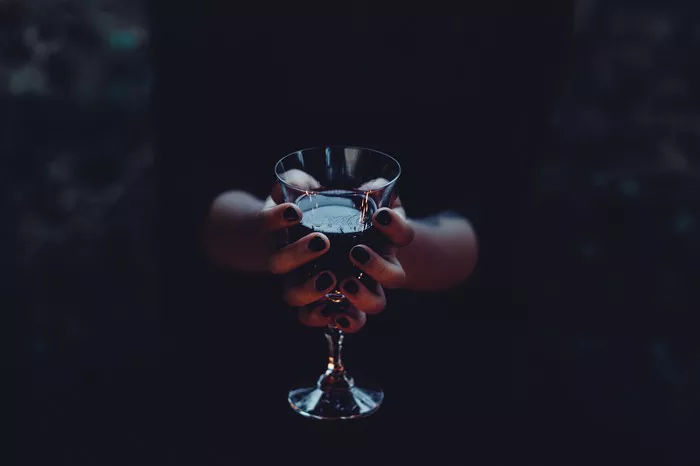The enduring notion that alcohol wields the power to reshape perceptions of physical allure, commonly known as the “beer goggles” effect, has been dealt a definitive blow by a recent study.
In a surprising twist, researchers have invalidated the widely-held belief that alcohol has the ability to amplify others’ attractiveness. The study found that alcohol, contrary to expectations, did not significantly modify participants’ assessments of attractiveness. However, the investigation did unravel an intriguing facet: alcohol seemed to furnish a dose of “liquid courage,” bolstering participants’ willingness to initiate interactions with individuals deemed appealing.
The concept of “beer goggles” was initially coined by male university students in North America during the 1980s.
Despite its colloquial popularity, systematic research substantiating this phenomenon has been lacking. Earlier inquiries, involving participants’ assessment of others’ attractiveness based on visual cues in both sober and inebriated states, yielded inconclusive outcomes.
These disparities spurred Prof Molly Bowdring of the Stanford Prevention Research Center in Palo Alto, California, to embark on a more comprehensive exploration of the subject.
Methodology and Outcomes
Prof Bowdring, in collaboration with Prof Michael Sayette from the University of Pittsburgh, invited pairs of male friends into their laboratory for an in-depth study. The participants were tasked with evaluating the attractiveness of individuals depicted in photos and videos.
One session involved the consumption of alcohol, elevating participants’ blood alcohol concentration to approximately 0.08% – a level equivalent to the legal driving limit in several jurisdictions. The alternate session featured non-alcoholic beverages.
Astoundingly, the findings of the study negated the concept of alcohol heightening perceptions of attractiveness. Nonetheless, the researchers discerned that intoxicated participants exhibited a 1.71 times greater inclination to select individuals they deemed most attractive for potential future interactions in subsequent experiments.
“Liquid Courage” vs. “Beer Goggles”
Rebecca Monk, a psychology professor at Edge Hill University, underscored that while the conventional “beer goggles” hypothesis was not corroborated, the study cast a spotlight on the concept of “liquid courage.” This term captures the escalated confidence alcohol can imbue, emboldening individuals to express interest in engaging with visually appealing counterparts.
The implications of this study extend beyond the debunking of a prevalent belief. The revelations illuminate the role of alcohol in shaping social behaviors, particularly those encompassing interactions with attractive individuals. The researchers posit that comprehending these effects can yield insights into the intricate interplay between alcohol consumption and risky conducts, such as participating in unsafe sexual activities.


